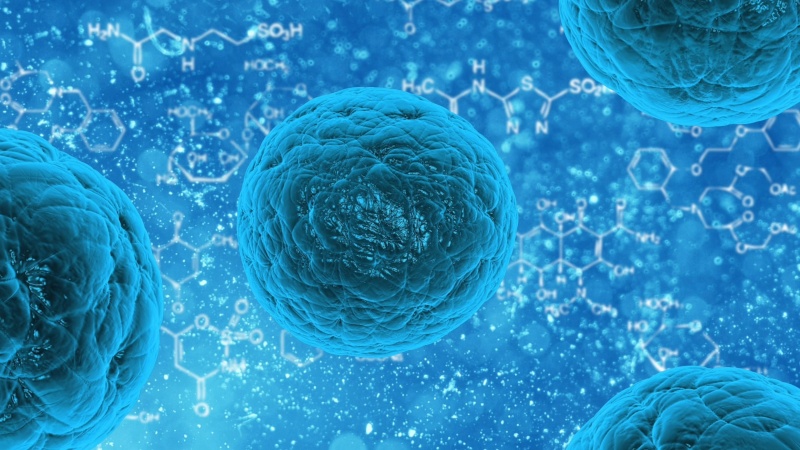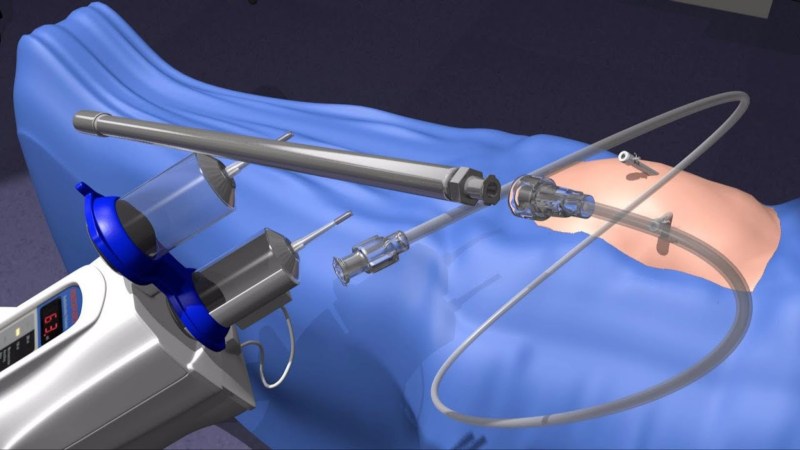

PIPAC (Pressurized Intraperitoneal Aerosol Chemotherapy) is an aerosol laparoscopic chemotherapy applied to the venter.
It is performed with two small incisions in the abdominal wall. A special trocar and the laparoscopy camera enter from one incision and a special trocar enters from the other incision. From this second trocar, biopsies are first taken from the cancer foci, the ascitic fluid that often coexists is aspirated, and then a special spray nozzle is inserted that administers the chemotherapeutic (oxaliplatin, cisplatin and doxuribucin) in the form of "rain" directly to the area that is affected from the tumor, in patients with peritoneal carcinomatosis. The whole infusion is made at a constant pressure of 12mmHg into the venter, the temperature of the drug is 37o C and lasts 30 minutes. Because the infusion pressure is high, high penetration is achieved within the cancer implantations.
Peritoneal carcinomatosis is a form of repercussion of gastrointestinal cancer, ovarian or peritoneal cancer that extends into the venter. It is characterized by the presence of nodules in the peritoneum and in the wall of the viscera. Patients who do not respond to conventional systemic chemotherapy and do not meet the criteria for cytoreductive surgery and HIPEC are candidates for treatment with PIPAC.
One of the great benefits of this new technique is that it is administered homogeneously and locally to the affected area and thus minimizes the adverse effects of systemic treatments (hair loss, vomiting, liver and kidney dysfunction).
Studies and clinical results show that this technique is a very effective treatment because it has been shown to increase quality of life by controlling the symptoms of the disease at an advanced stage.
 English
English  Ελληνικά
Ελληνικά 